২৪ মাঘ ১৪৩২
Cuomo Visits Bronx Mosque in Mayoral Push
14 September 2025 17:09 PM
NEWS DESK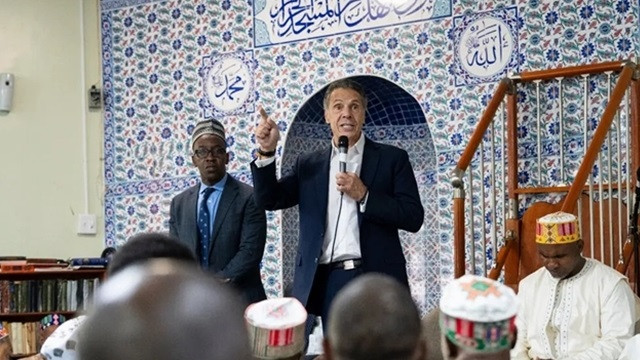
After a series of warm, introductory speeches from mosque leaders, New York City mayoral candidate Andrew Cuomo stood up from his seat and glanced intently at a small notecard. He then attempted to greet the audience in traditional Arabic. After a few stumbles, he finally managed: “Assalamu Alaikum.”
Though the Muslim congregants were slightly surprised by Cuomo’s halting attempt at the greeting, they watched him attentively.
Such missteps are perhaps unsurprising. Since launching his independent mayoral bid, the former New York governor has visited churches, synagogues, and Sikh temples regularly. But on Friday, Cuomo made his first campaign appearance at a mosque—the Futa Islamic Center in the Bronx—marking a new chapter in his outreach efforts.
During a primary debate earlier this year, Cuomo faced sharp criticism when he struggled to recall the last time he had visited a mosque or engaged meaningfully with Muslim communities. Friday’s visit appeared to be an attempt to address that gap.
In his speech, Cuomo described New York as a beacon of opportunity for immigrants—a message that resonated with many West African Muslims in the mosque. Drawing a parallel between their journey and his own grandfather’s migration from Italy nearly a century ago, he vowed to help Muslim New Yorkers realize their dreams if elected.
Taking a veiled jab at Democratic frontrunner Zohran Mamdani, Cuomo pledged free bus and subway access for families earning under $50,000 a year and emphasized his plan to tackle rising housing costs.
While Mamdani has built his campaign around the issue of “affordability,” Cuomo downplayed the buzzword, stating, “This is not a new issue with a new name. The real issue is that middle-class, working families, and the poor are under crushing economic pressure.”
Cuomo’s mosque visit, attended by about a dozen worshippers, demonstrated a more targeted strategy since losing to Mamdani in the Democratic primary. Mamdani, a Muslim himself, has visited the same mosque multiple times.
Recent polls show Cuomo trailing far behind the Democratic nominee. Republican candidate Curtis Sliwa and current Mayor Eric Adams—also running as an independent—are also lagging. On the same day, Adams visited a nearby mosque popular among West African immigrants.
After Cuomo’s remarks, Imam Mamadou Diallo of the Futa Islamic Center said it was no surprise that candidates were turning to mosques. “Muslim New Yorkers want their voices heard,” he said. Diallo expressed hope that, if elected, Cuomo would return to address concerns around housing costs and public safety.
The 39-year-old imam said he hasn’t decided whom to support yet but noted that many in the congregation remember Cuomo’s tenure as governor positively.
One of them, 60-year-old Guinean security guard Boubacar Soulamougoum, said he appreciated Cuomo’s role in raising the state’s minimum wage to $15. “He did good work,” he said.
Others were more skeptical. Osmanne Diallo, 23, who supported Mamdani in the primary, dismissed Cuomo’s visit as last-minute political maneuvering. “His time is over,” he said. “We need leaders with fresh ideas.”
Earlier this year, Cuomo claimed to have secured endorsements from over 100 religious leaders, including two imams from Brooklyn. But in an interview with The New York Times on Friday, both imams denied ever endorsing him, saying their names had been added to the list without consent.
Imam Muhammad Siddiqi of Brooklyn’s Al-Madina Mosque said, “We expected the campaign team to reach out to us, but they didn’t. Then we saw our names on the list. It seemed more careless than malicious.”
Imam Ahmed Ali of the Iqra Mosque echoed the sentiment, calling the incident a misunderstanding. “The former governor should have met with us directly,” he said.
Cuomo’s spokesperson, Rich Azzopardi, admitted the names were added in error due to internal miscommunication between campaign staffers.
Before Cuomo’s speech at the Futa Islamic Center, a local attorney addressed the congregation about recent immigration policy changes under the Biden administration, sparking interest among attendees. Several worshippers took photos of the lawyer’s business card or requested copies.
Cuomo has a history of publicly supporting Muslim communities. During the Trump administration, he vocally opposed the travel ban targeting Muslim-majority countries and backed the controversial plan to build a mosque near Ground Zero.
In a 2017 statement, Cuomo declared, “As a New Yorker, I am a Muslim. As a New Yorker, I am a Jew. As New Yorkers, we are all one community.”
But critics like Mamdani argue Cuomo’s inconsistent engagement with Muslim communities shows a disconnect from New York’s diverse electorate. During his time as governor, he faced similar accusations—most notably in 2018, when opponent Cynthia Nixon criticized him for ignoring Muslim constituents. He later visited Manhattan’s Islamic Cultural Center in response.
Imam Ali, who was mistakenly listed as an endorser, said he is still undecided about whom to support. However, he praised Mamdani for his stance on Israel and for saying during a primary debate that, if elected, he would stay in New York, while Cuomo said he would travel to Israel.
Having lived in the U.S. for over 20 years, Imam Ali called Mamdani’s rise a milestone for Muslims. “Now people will say the Muslim vote matters,” he said. “We can raise our voices in this city.”





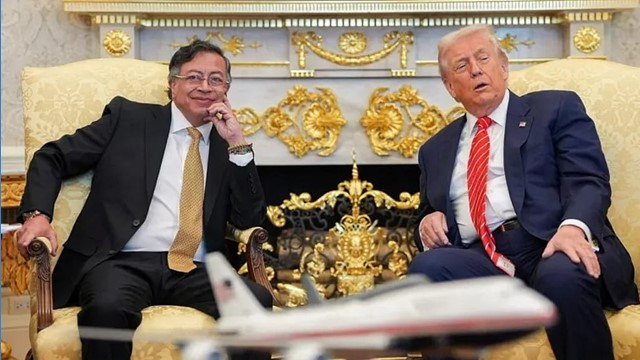

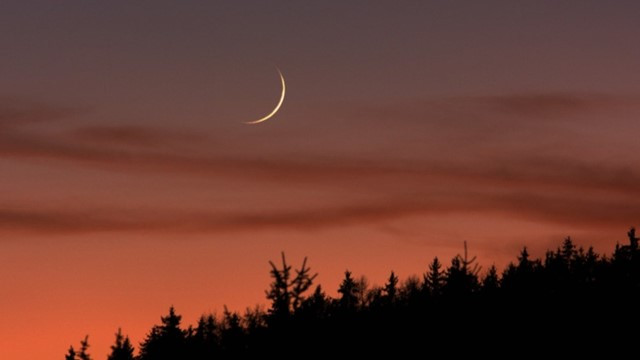
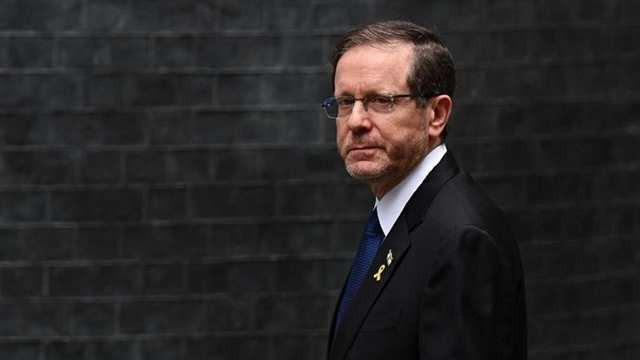
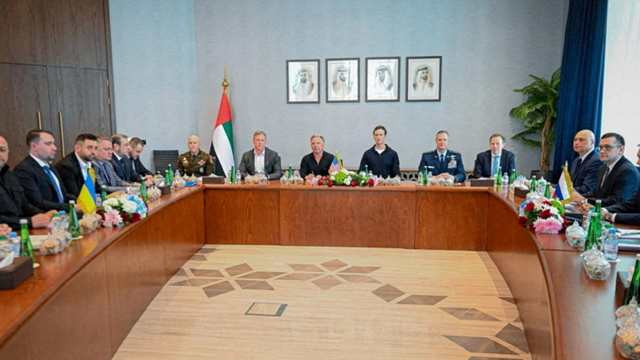
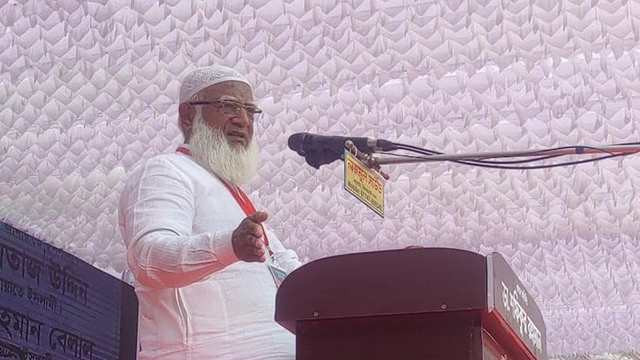
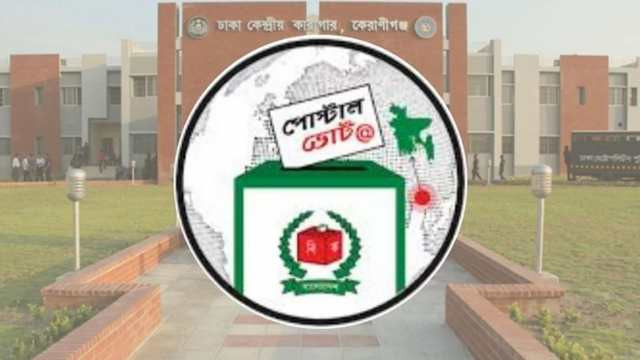

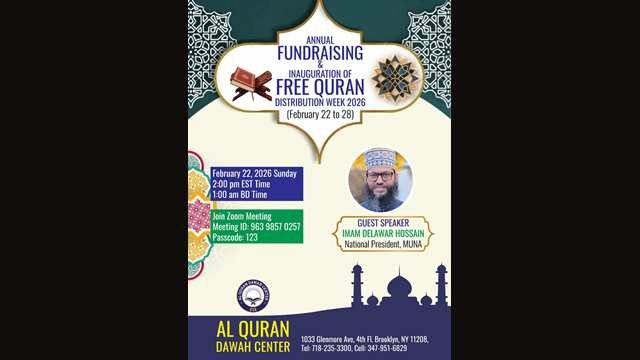

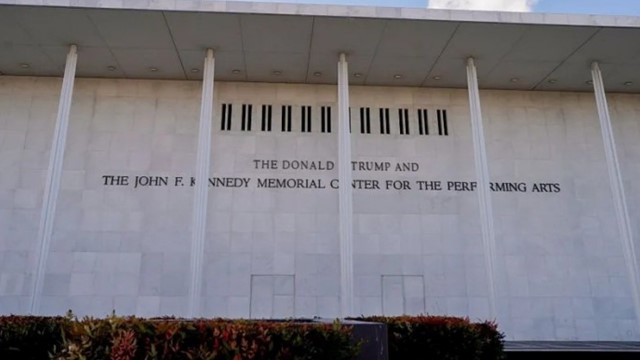
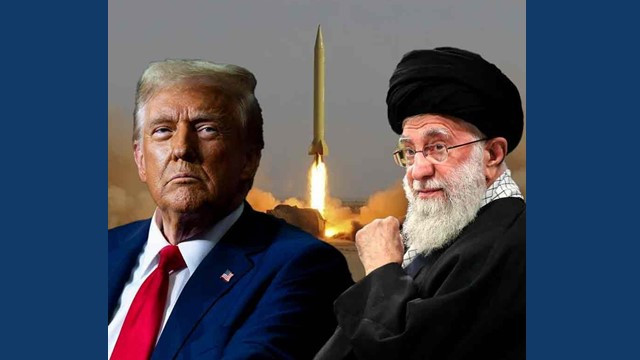
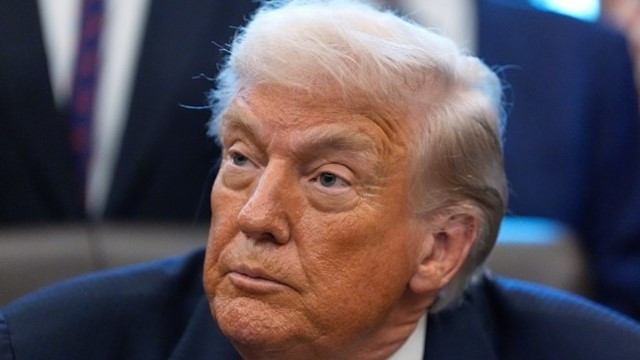
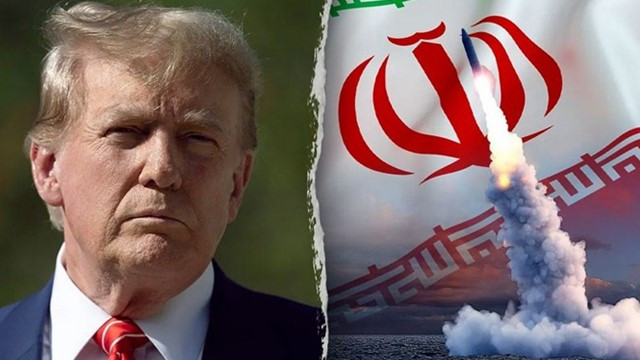
Comments Here: